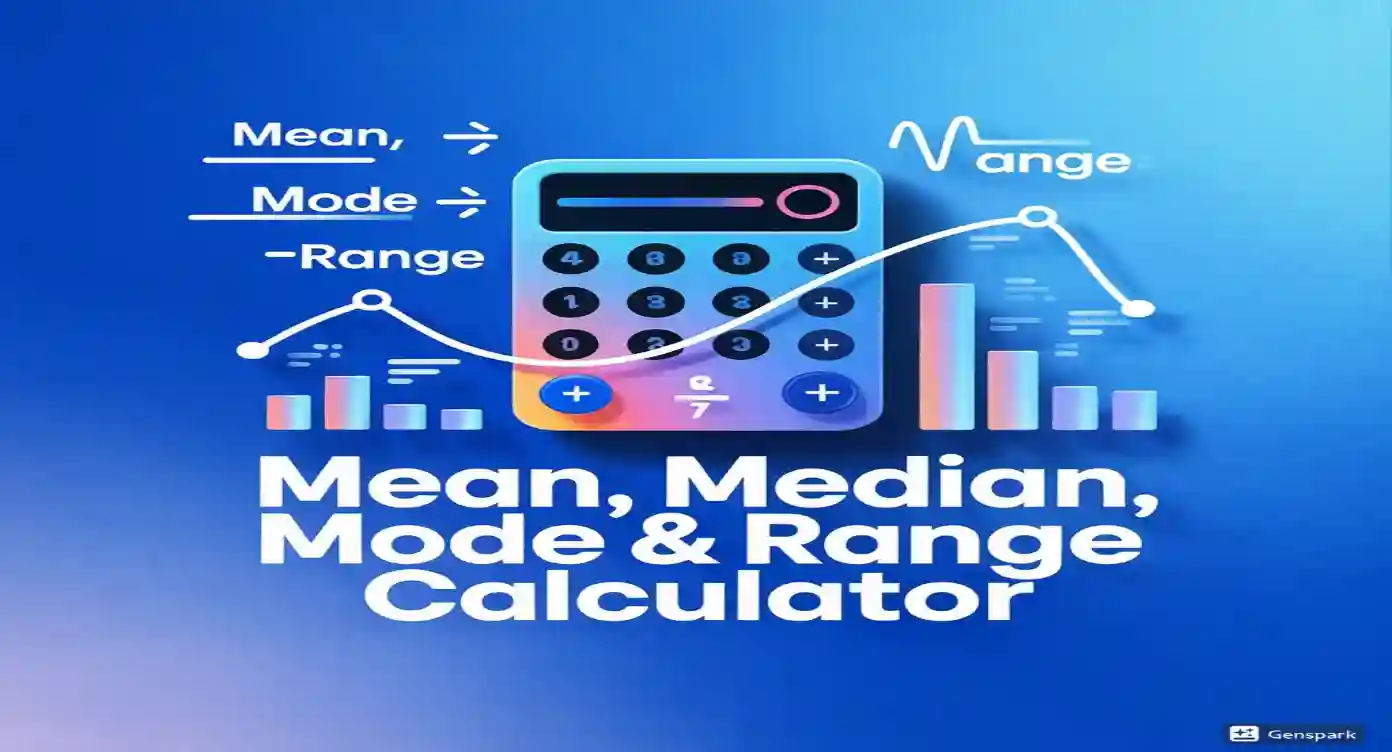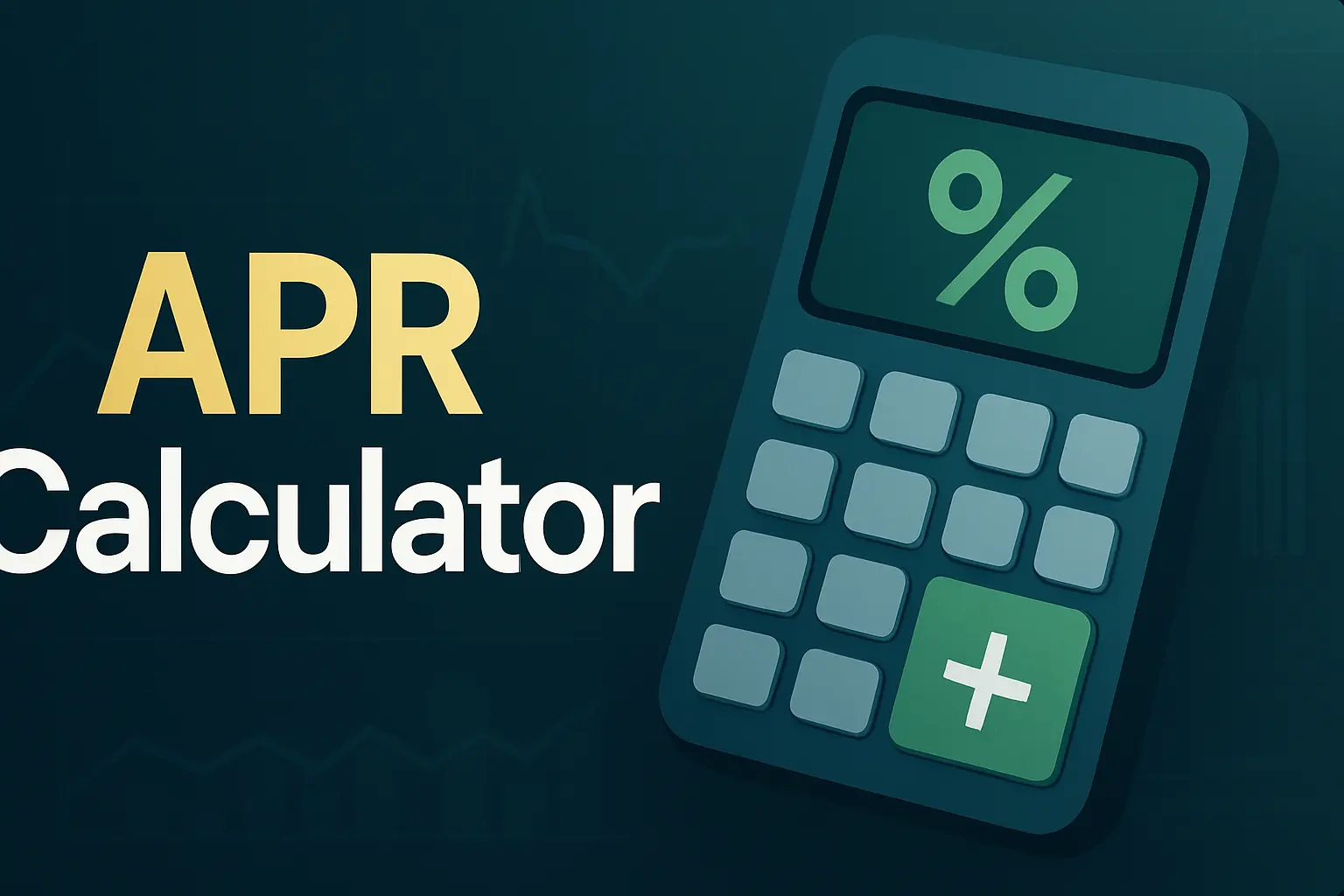Retirement Savings Calculator
Plan Your Financial Future with Precision
Calculate your retirement savings projection with inflation adjustment, goal planning, and comprehensive financial analysis to secure your golden years.
Calculate Your Retirement Savings
Enter your details below to project your retirement savings and plan your financial future
Your Retirement Projection
Total Savings at Retirement
$0
Total Contributions
$0
Investment Growth
$0
Savings Growth Over Time
Key Insights
Recommendations
Purchasing Power Analysis
Today's Purchasing Power:
$0
Future Purchasing Power:
$0
Complete Guide to Retirement Savings Planning
Master the art of retirement planning with our comprehensive guide
Why Start Early?
Starting your retirement savings early is one of the most powerful financial decisions you can make. The concept of compound interest means that even small amounts invested early can grow substantially over time. For example, investing $200 monthly starting at age 25 can result in significantly more savings than investing $500 monthly starting at age 35, despite the lower monthly contribution.
Setting Realistic Goals
Financial experts typically recommend having 10-12 times your annual salary saved by retirement. However, this varies based on your lifestyle expectations, healthcare needs, and other income sources like Social Security or pensions. Our calculator helps you determine what's realistic for your specific situation.
Understanding Retirement Savings Fundamentals
Retirement planning is a critical aspect of financial health that requires careful consideration of multiple factors. Your retirement savings projection depends on various elements including your current age, desired retirement age, existing savings, regular contributions, expected investment returns, and inflation rates. Understanding how these factors interact is essential for creating a robust retirement strategy.
The Power of Compound Interest
Compound interest is often called the "eighth wonder of the world" because of its incredible power to grow wealth over time. When you invest money, you earn returns not just on your original investment, but also on the returns that investment generates. This compounding effect accelerates over time, making early and consistent investing crucial for retirement success.
Inflation's Impact on Retirement Planning
Inflation erodes purchasing power over time, meaning that $100 today won't buy the same amount of goods and services in 30 years. Historical inflation rates have averaged around 3% annually, but this can vary significantly. Our calculator accounts for inflation to show you both the nominal value of your savings and their real purchasing power at retirement.
Common Retirement Planning Mistakes
- Starting too late: Every year you delay reduces the power of compound growth
- Underestimating expenses: Healthcare and lifestyle costs often exceed expectations
- Ignoring inflation: Not accounting for rising costs over time
- Being too conservative: Ultra-safe investments may not beat inflation
- Not diversifying: Putting all eggs in one investment basket
- Withdrawing early: Tapping retirement funds before retirement age
Investment Strategy Considerations
Your investment strategy should evolve as you age. Younger investors can typically afford to take more risks for potentially higher returns, while those closer to retirement should focus on capital preservation. A common rule of thumb is to subtract your age from 100 to determine the percentage of stocks in your portfolio, though modern longevity may call for more aggressive approaches.
Retirement Account Types
Understanding different retirement account types is crucial for tax-efficient saving:
- 401(k): Employer-sponsored plan with potential matching contributions
- Traditional IRA: Tax-deductible contributions, taxed upon withdrawal
- Roth IRA: After-tax contributions, tax-free withdrawals in retirement
- SEP-IRA: For self-employed individuals and small business owners
- Solo 401(k): For business owners with no employees
Maximizing Your Retirement Savings
- Take advantage of employer matching - it's free money
- Increase contributions with salary raises
- Use catch-up contributions if you're over 50
- Consider tax diversification with both traditional and Roth accounts
- Automate your contributions to ensure consistency
- Review and rebalance your portfolio regularly
Healthcare Considerations
Healthcare costs are often one of the largest expenses in retirement. Fidelity estimates that a 65-year-old couple retiring today will need approximately $300,000 to cover healthcare expenses throughout retirement. Consider Health Savings Accounts (HSAs) as a triple tax-advantaged retirement savings vehicle for healthcare expenses.
Social Security Planning
Social Security benefits are an important component of retirement income for most Americans. The age at which you claim benefits significantly affects your monthly payments. While you can claim as early as age 62, waiting until full retirement age or even age 70 can substantially increase your benefits. Our calculator focuses on personal savings, but remember to factor in Social Security when planning your overall retirement strategy.
Estate Planning Integration
Retirement planning shouldn't exist in isolation from estate planning. Consider how your retirement accounts will be distributed to beneficiaries, the tax implications for your heirs, and whether your retirement savings align with your overall estate planning goals. Proper beneficiary designations and understanding required minimum distributions (RMDs) are crucial components.
Start Early
Time is your greatest asset in retirement planning
Stay Consistent
Regular contributions compound over time
Review Regularly
Adjust your strategy as life changes
Using This Calculator Effectively
Our retirement savings calculator provides projections based on the information you input. Remember that these are estimates, and actual results may vary due to market volatility, changing economic conditions, and personal circumstances. Use the calculator to understand trends and make informed decisions, but consider consulting with a financial advisor for personalized advice tailored to your specific situation.
The calculator accounts for inflation to show you both nominal savings (the actual dollar amount) and real purchasing power (what those dollars will buy in today's terms). This dual perspective is crucial for understanding whether your retirement savings will maintain your desired lifestyle.
Frequently Asked Questions
How much should I save for retirement?
Most experts recommend saving 10-15% of your income for retirement, including employer matches. However, the exact amount depends on your retirement goals and timeline.
What if I'm starting late?
It's never too late to start. If you're behind, consider increasing your savings rate, working a few years longer, or reducing planned retirement expenses.
Should I pay off debt or save for retirement?
Generally, contribute enough to get any employer match first, then focus on high-interest debt, then increase retirement savings. The exact strategy depends on interest rates and tax situations.














